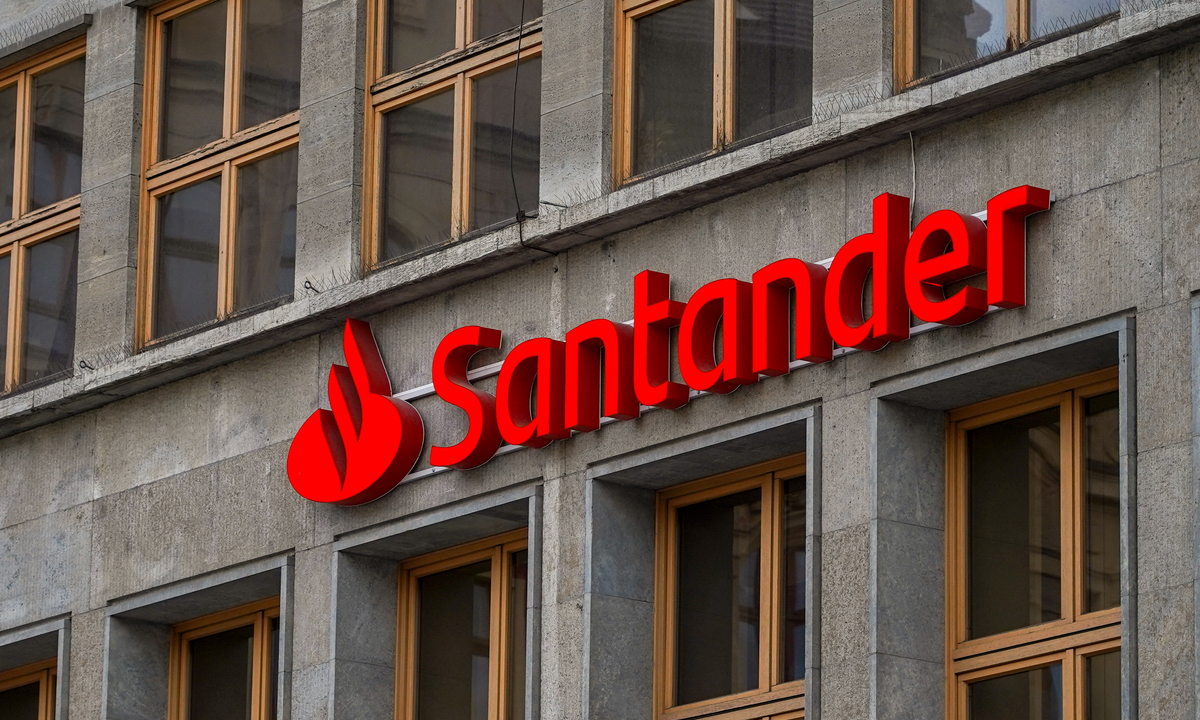Santander’s exposure to businesses owned by First Brands Group founder Patrick James has reportedly surged to $300 million following his default on a loan. This loan was taken out to acquire a French car parts group, as reported by The Wall Street Journal on November 19, citing unnamed sources. The default has compounded existing debts owed to Santander for receivables financing and for a facility with First Brands’ operations in Mexico and Brazil.
The financial troubles at First Brands have escalated significantly. On September 29, 2023, the company announced that it, along with several affiliates, initiated voluntary U.S. Chapter 11 proceedings in bankruptcy court. First Brands expressed confidence that its global operations would continue without disruption during this process.
Amid these developments, Patrick James resigned as CEO on October 13, 2023. Reports indicate that First Brands has relied heavily on invoice factoring, a practice that has come under scrutiny during the Chapter 11 proceedings. Investigators alleged that certain receivables had been sold multiple times, leading to the same invoices being effectively pledged to different buyers. According to court filings and additional reporting, funds that should have been directed to factoring partners were retained internally, raising concerns about the financial integrity of the company.
On October 16, it was reported that a First Brands creditor, Raistone, claimed that direct lenders, bondholders, and other stakeholders had lost track of approximately $2.3 billion in complex financing arrangements. The investigation focuses on various financial instruments, including trade receivable financing and inventory pledges, which were central to how First Brands financed its aggressive acquisition strategy.
In light of these bankruptcies and the associated fraud allegations involving corporate borrowers, banks have begun tightening their lending standards. As of November 3, 2023, reports indicate that financial institutions are implementing stricter due diligence measures. These include demands for more comprehensive financial histories and, in some cases, requiring borrowers to permit more frequent financial checkups before loans are finalized.
The fallout from First Brands’ collapse is expected to have a broad impact on banks and financial firms globally. The company had borrowed approximately $11 billion in loans and invoice financing prior to its bankruptcy, prompting concerns about potential heavy losses in the financial sector.
As the situation develops, it remains clear that the repercussions of First Brands’ financial mismanagement could reshape lending practices across the industry.






